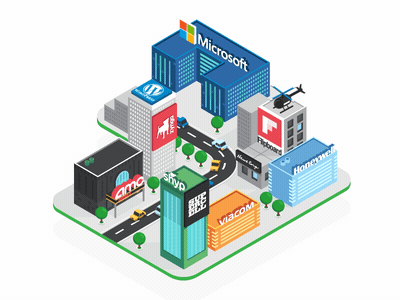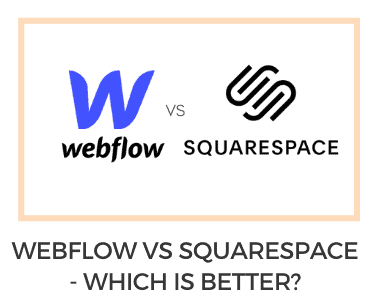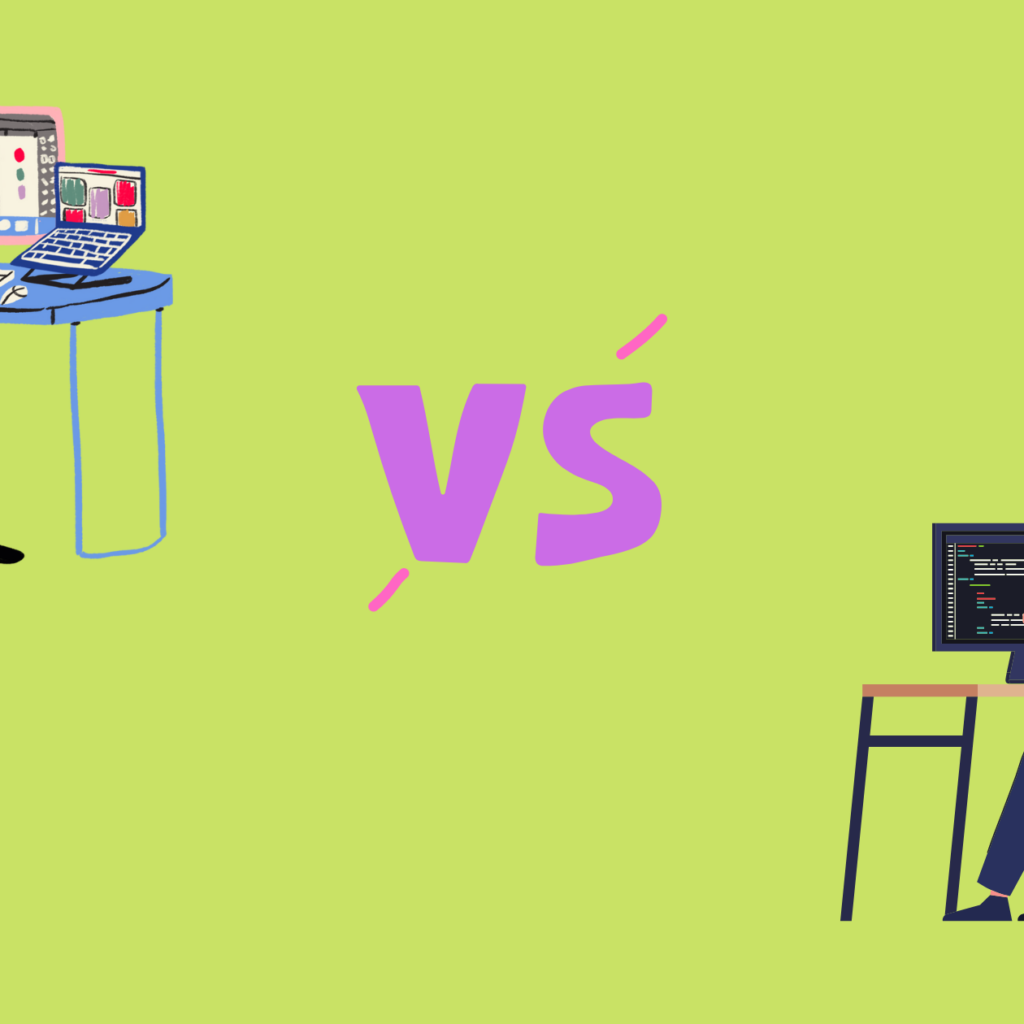Digitalization of the Real State Industry in the mid-nineties searching for a new home has not centered on newspaper listings. The window displays of real estate agencies; rather potential purchasers have focused their initial attention on information available online.
However, we at Draftss also provide some unique designing features for your website, logos, banners, etc. You can try out our free services for 7 days on monthly and quarterly plans.
What exactly has this digital transformation of the residential real estate industry comprised?
The process involves two distinct steps:
- Digitization
- Digitalization.
The former followed by the latter results in digital transformation. But what exactly do these words mean?
Digitization can (apparently) be relatively easily defined as “the process of converting information from a physical format into a digital one” or the process of “taking analog information and encoding it into zeroes and ones so that computers can store, process and transmit such information”
Digitalization appears to be a more taxing concept to define, or, as Jason Bloomberg says, a word “fraught with ambiguity and confusion”. The tension appears to be that some would try and define it by the impact on business models. In any event, and sidestepping the complex discussions that this word appears to be able to prompt, an overarching (if potentially oversimplified) explanation of digitalization is that it is “the process of leveraging digitization to improve business processes”.
So digitization allows digitalization but may not necessarily result in it. Where digitization leads to digitalization that is when you have a digital transformation.
Need for Digitalization of the Real State Industry:-
- Enhanced networking and lead generation through social media: Realtors can develop strong networks with customers and prospects along with their industry peers through various social networking sites. According to a report by the National Association of Realtors, 47% of real estate businesses note that social media results in the highest quality lead compared to other sources. While social media does provide a platform for mass e
- Personalized experience with Conversational AI: Chatbots, which are the most common form of Conversational AI, can engage sales prospects online. Customers today favor a conversational tone in marketing messages which makes it imperative to have a more personalized approach. Chatbots can identify a user’s intent and extract important details enclosed within their request to provide appropriate responses and solutions. Site visitors are nurtured with insightful information about the properties that they are looking for. And we are provided with recommendations to help them make informed decisions.
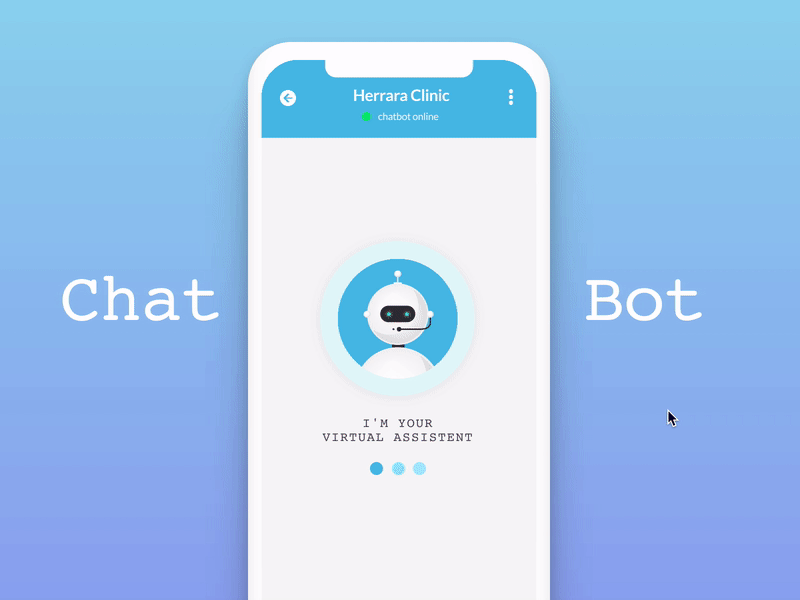
- Closing deals through video conference: Video conferencing has emerged as a convincing digital tool that has been adopted lately by realty players. While staying true to the social distancing norms, developers have made sure that they are in constant touch with their internal stakeholders, channel partners, and customers. By using tools such as MS Teams & Webex to host CPs and customers, taking them through the product offering and make live bookings, without the need of any paper intervention.
- Market listings with remote viewing and virtual walk-throughs: Social distancing has changed the way people interact and inhabit physical spaces. However, the combined power of advanced 3D modeling and virtual tours is spearheading the online property market. Developers are striving hard to bring this technology to a broader audience and provide a unique virtual tour experience for home buyers.

Customer experience in Digitalization of the Real State Industry
Purchasers of real estate are like any other purchaser these days – they like to research online. Knowing this, an agent can target purchasers through social media and digital communications. So that the customer is then directed/attracted towards that agent’s website/app. Feeling empowered with the knowledge they have obtained. The purchaser can then make direct contact with the agent through their app or website. This direct ‘digital’ contact between agent and customer could perhaps mean that instead of there being conflicting definitions of digitalization (referred to above) they complement each other. The impact on business models is social interaction and it is being driven by purchasers.
Customer Services in Digitalization of the Real State Industry
As stated above, the re-presentation of the agent’s shop window online is not going to cut it for Generation Z. So, in a sense, agents must be ready to expect the unexpected. After the events of 2020, this should not come as much of a surprise to anyone. But let’s not forget that some very nifty innovations may help agents cater for another 2020. For example, the inability to conduct viewings in person is not a problem with augmented reality (AR) and virtual reality (VR). That allows vulnerable, overseas, or simply time-strapped customers to view properties from the comfort of their current home.
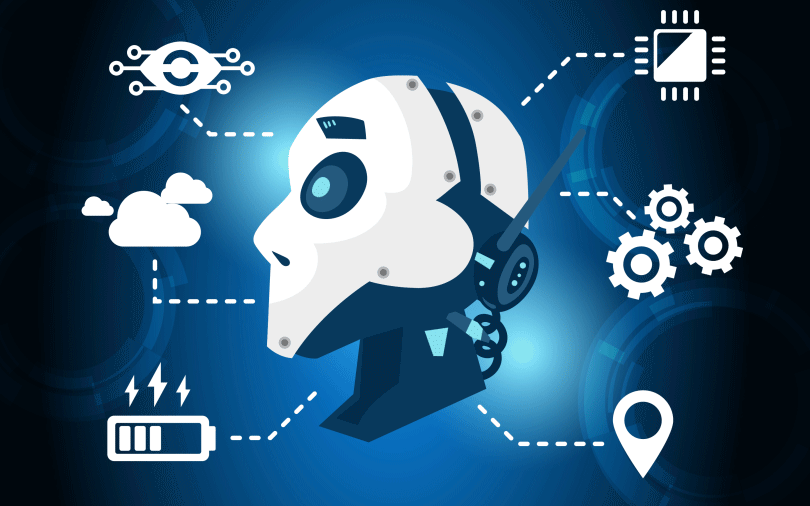
With a comprehensive grasp on technological innovations and well thought out online and social media presence. The unexpected (be it another 2020, although let’s hope not, or the tech-literate expectations of Generation Z) should not be a problem for agents. With the available goldmine of data, innovations such as AR and VR, and customers contacting agents directly through their website. An agent can tailor their replies to fit each customer’s expectations. And provide the individualized service that most of us (probably unconsciously) expect and want.
The customer journey through Digitalization of the Real State Industry
Who owns it now? Well, customers are certainly not at the mercy of the local agent’s window or when their advertisements appeared in the local paper. But then again, neither are the agents. Therefore, it seems safe to say that each party can shape their experience to quite a considerable extent.
Customers can do their online due diligence. They can sign up for alerts. They can review social media and then decide which agent(s) they want to contact.
Agents can use their online presence to collect data (do their due diligence) and use that data to target a particular market/type of customer. Once in contact with a customer, they can tailor the journey to fit the customer’s needs.
Conclusion
Are ‘traditional’ agents capable of keeping up with consumers’ expectations and can they maintain and build on customer relationships?
Of course but it is all about keeping your finger on the pulse and knowing what your potential customers are ‘into’ so that you know how to speak to them. I do not doubt that this is a challenge that most agents are well and truly able to meet. The key is to remember that success will come from owning. Taking charge of your online presence and the information that it provides.
Building websites require graphic designs, illustrations, logos, etc. and Draftss has the solution for all of them, as it provides custom Graphic Designs, Illustrations, Websites, Landing Pages, dashboards, App UI/UX & more.
